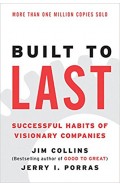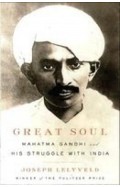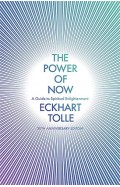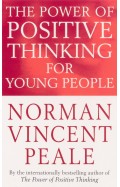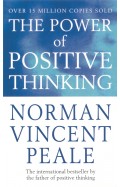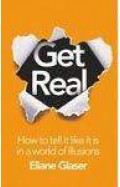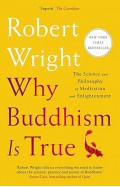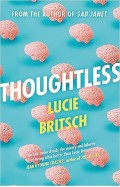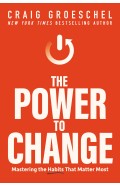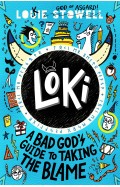- Home
- Books
- Categories
- Non Fiction
- Self Help
- Families & Relationships
- Love in the Time of Algorithms: What Technology Does to Meeting and Mating
Love in the Time of Algorithms: What Technology Does to Meeting and Mating
By: Dan Slater
-
Rs 845.75
- Rs 995.00
- 15%
You save Rs 149.25.
Due to constant currency fluctuation, prices are subject to change with or without notice.
| Book | |
| What's in the Box? | 1 x Love in the Time of Algorithms: What Technology Does to Meeting and Mating |
Love in the Time of Algorithms: What Technology Does to Meeting and Mating
By: Dan Slater
Rs 845.75 Rs 995.00 Ex Tax :Rs 845.75
Zubin Mehta: A Musical Journey (An Authorized Biography)
By: VOID - Bakhtiar K. Dadabhoy
Rs 892.50 Rs 1,050.00 Ex Tax :Rs 892.50
Usborne Young Reading Series 3 Alexander The Great
By: Jane Bingham
Rs 1,525.50 Rs 1,695.00 Ex Tax :Rs 1,525.50
Usborne Young Reading Series 3 Leonardo Da Vinci
By: Karen Ballard
Rs 930.75 Rs 1,095.00 Ex Tax :Rs 930.75
The Greatest Urdu Stories Ever Told
By: Muhammad Umar Memon
Rs 1,975.50 Rs 2,195.00 Ex Tax :Rs 1,975.50
Built to Last Successful Habits Of Visionary CompaniesAI
By: James C. Collins
Rs 4,045.50 Rs 4,495.00 Ex Tax :Rs 4,045.50
Great Soul Mahatma Gandhi And His Struggle With India
By: Joseph Lelyveld
Rs 731.25 Rs 975.00 Ex Tax :Rs 731.25
The Power Of Positive Thinking For Young People
By: Norman Vincen Peale
Rs 2,245.50 Rs 2,495.00 Ex Tax :Rs 2,245.50
Get Real: How To Tell It Like It Is In A World of Illusions
By: Eliane Glaser
Rs 531.25 Rs 625.00 Ex Tax :Rs 531.25
Usborne Young Reading Series 3 Alexander The Great
By: Jane Bingham
Rs 1,525.50 Rs 1,695.00 Ex Tax :Rs 1,525.50
Usborne Young Reading Series 3 Leonardo Da Vinci
By: Karen Ballard
Rs 930.75 Rs 1,095.00 Ex Tax :Rs 930.75
The Greatest Urdu Stories Ever Told
By: Muhammad Umar Memon
Rs 1,975.50 Rs 2,195.00 Ex Tax :Rs 1,975.50
Why Buddhism is True - The Science and Philosophy of Meditation and Enlightenment
By: Robert Wright
Rs 2,695.50 Rs 2,995.00 Ex Tax :Rs 2,695.50
In the Swamp by the Light of the Moon
By: frann preston gannon
Rs 1,795.50 Rs 1,995.00 Ex Tax :Rs 1,795.50
Thoughtless: A sharp, profound and hilarious new novel - for all the overthinkers
By: Lucie Britsch
Rs 3,225.75 Rs 3,795.00 Ex Tax :Rs 3,225.75
How to Live with Objects - A Guide to More Meaningful Interiors
By: Monica Khemsurov
Rs 14,755.50 Rs 16,395.00 Ex Tax :Rs 14,755.50
Polysecure: Attachment, Trauma and Consensual Non-monogamy
By: Jessica Fern
Rs 3,865.50 Rs 4,295.00 Ex Tax :Rs 3,865.50
Fictions of Financialization - Rethinking Speculation, Exploitation and Twenty-First Century Capitalism
By: Nick Bernards
Rs 8,095.50 Rs 8,995.00 Ex Tax :Rs 8,095.50
How to Find Your Happy Place - Quiet Spaces and Journal Pages for Busy Minds
By: Alison Davies
Rs 1,355.75 Rs 1,595.00 Ex Tax :Rs 1,355.75
Power to Change: Mastering the Habits That Matter Most
By: Craig Groeschel
Rs 2,605.50 Rs 2,895.00 Ex Tax :Rs 2,605.50
Loki: A Bad God's Guide to Taking the Blame
By: Louie Stowell
Rs 1,525.50 Rs 1,695.00 Ex Tax :Rs 1,525.50
The Magnet Effect: Attracting and Retaining an Audience on the Internet Today, Tomorrow and in the Future
By: Jesse Berst
Rs 930.75 Rs 1,095.00 Ex Tax :Rs 930.75
Zubin Mehta: A Musical Journey (An Authorized Biography)
By: VOID - Bakhtiar K. Dadabhoy
Rs 892.50 Rs 1,050.00 Ex Tax :Rs 892.50
Love in the Time of Algorithms: What Technology Does to Meeting and Mating
By: Dan Slater
Rs 845.75 Rs 995.00 Ex Tax :Rs 845.75
Usborne Young Reading Series 3 Alexander The Great
By: Jane Bingham
Rs 1,525.50 Rs 1,695.00 Ex Tax :Rs 1,525.50
Usborne Young Reading Series 3 Leonardo Da Vinci
By: Karen Ballard
Rs 930.75 Rs 1,095.00 Ex Tax :Rs 930.75
The Greatest Urdu Stories Ever Told
By: Muhammad Umar Memon
Rs 1,975.50 Rs 2,195.00 Ex Tax :Rs 1,975.50












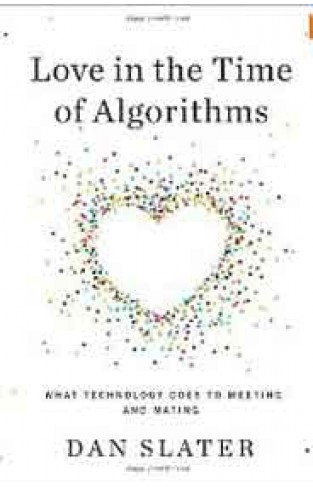
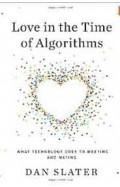
-120x187.jpg?q6)





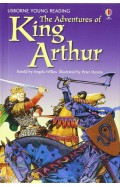

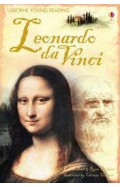
-120x187.jpg?q6)


